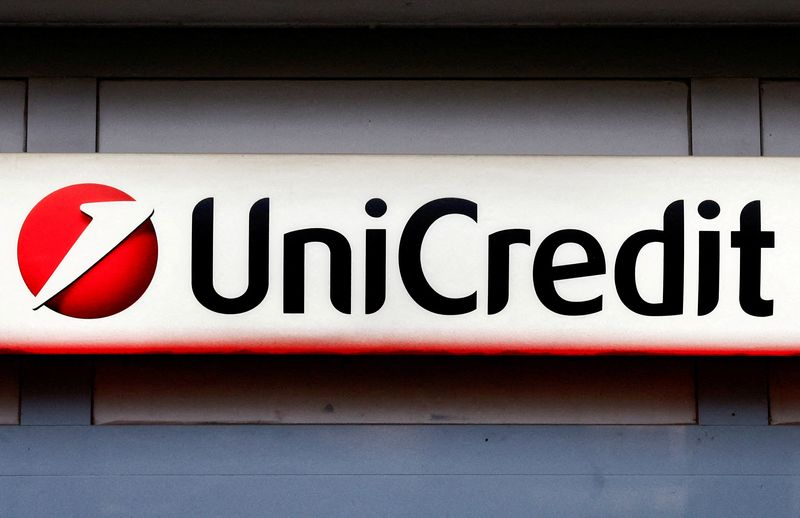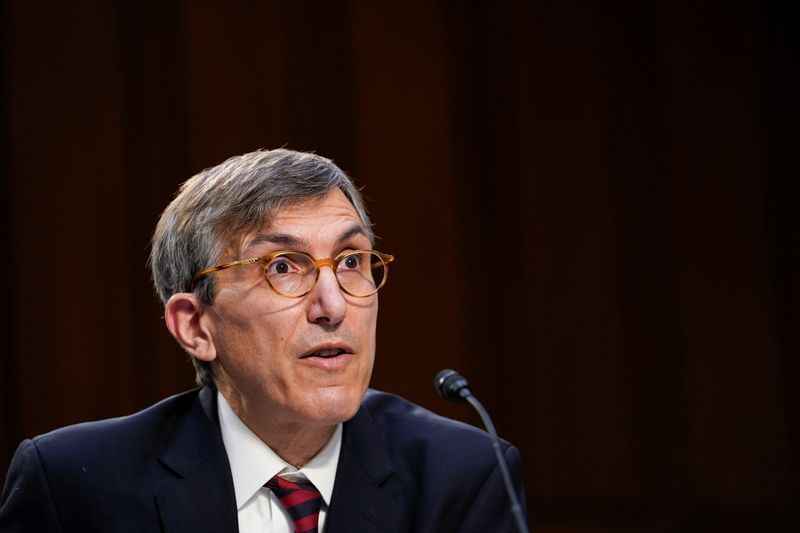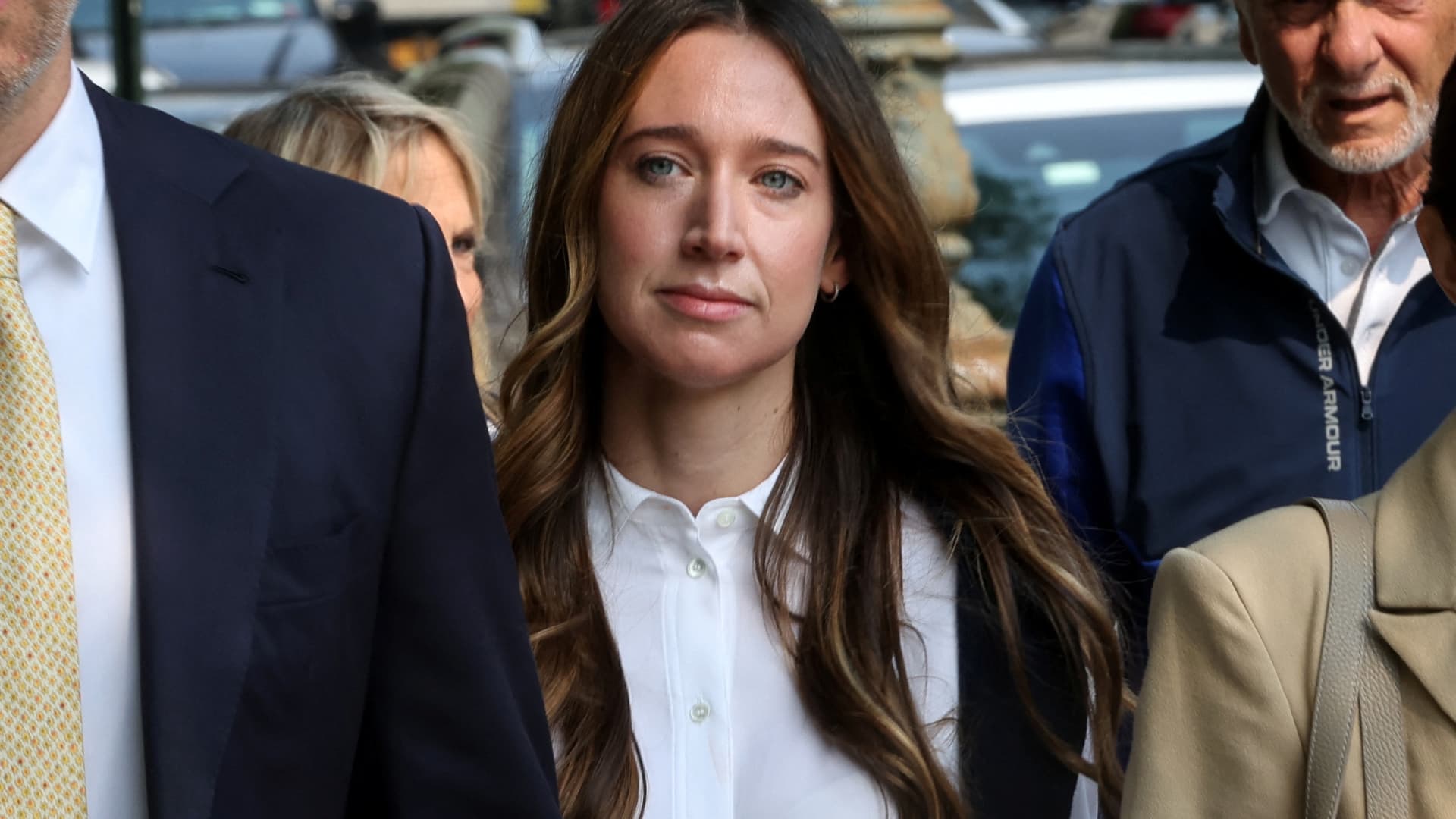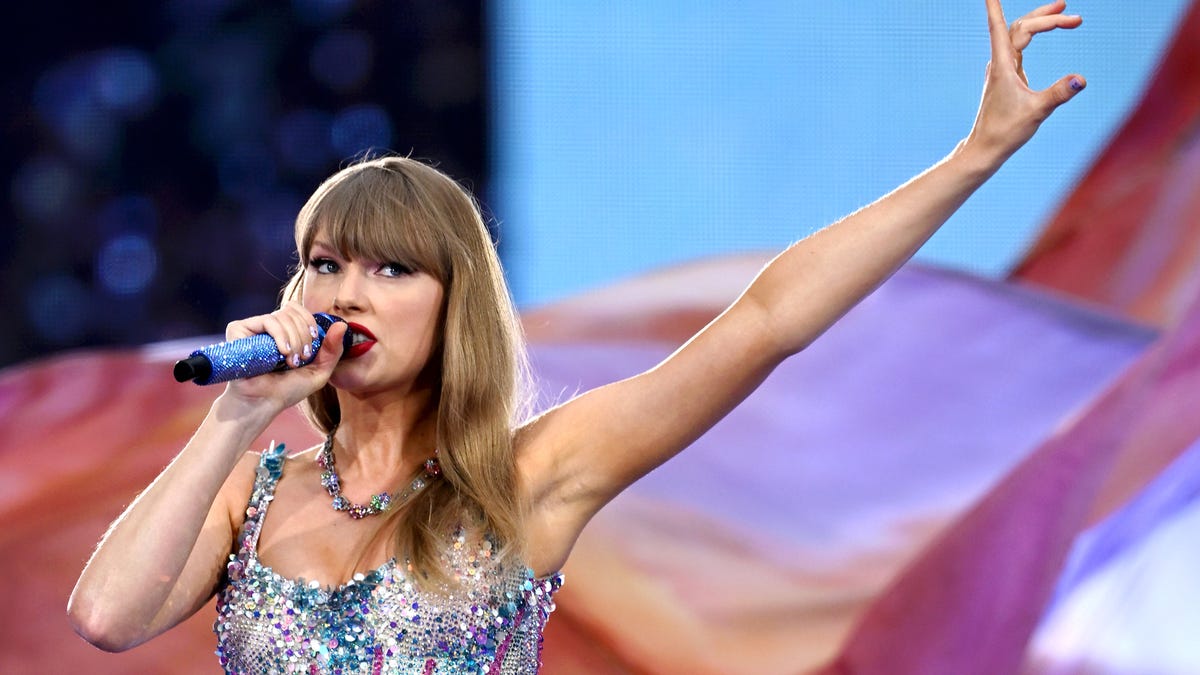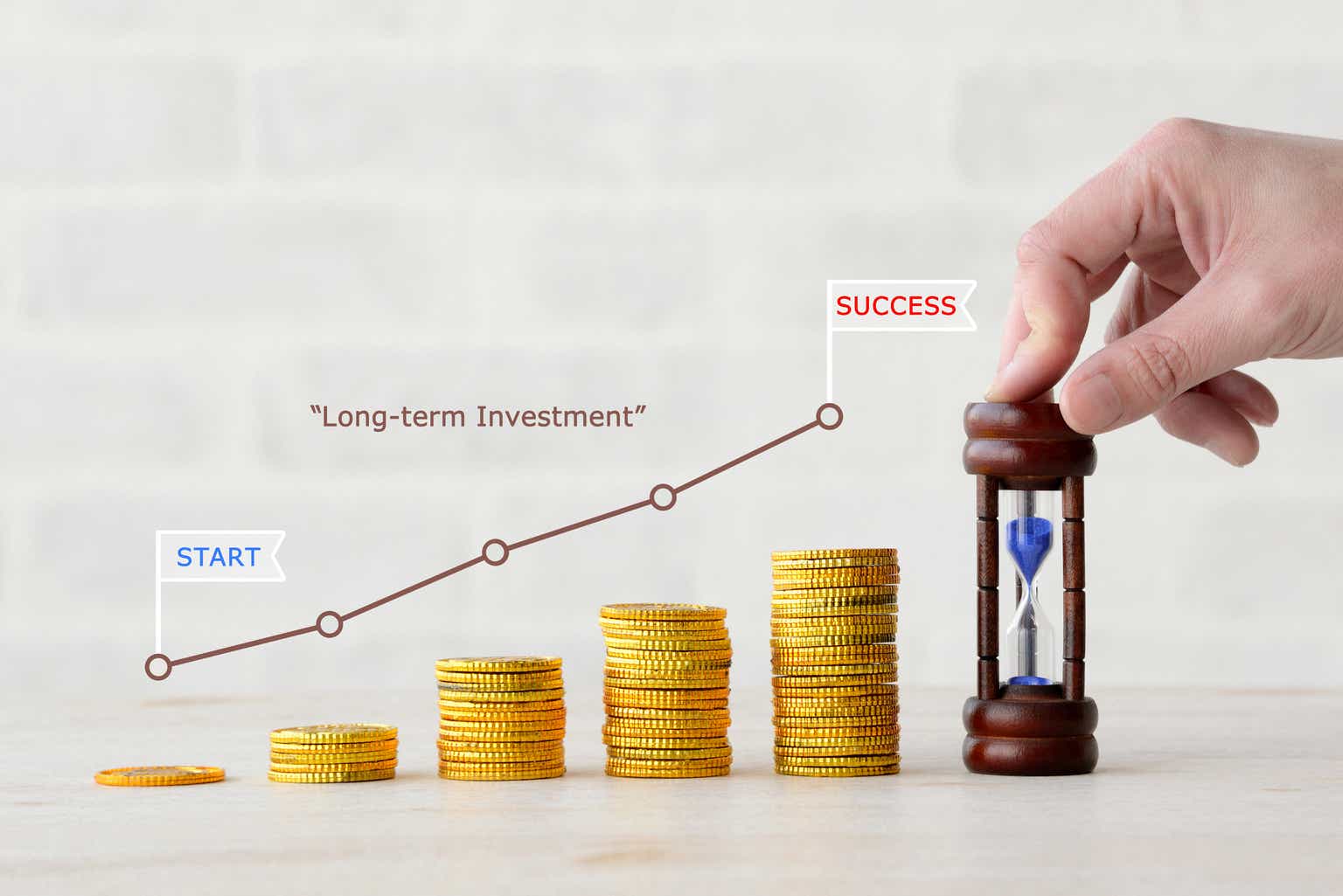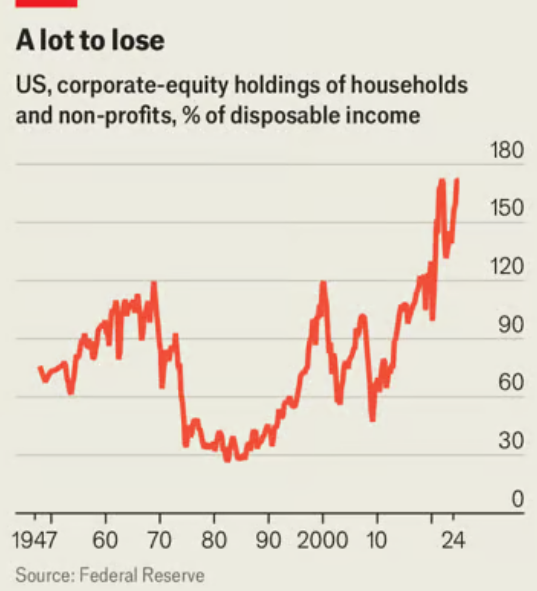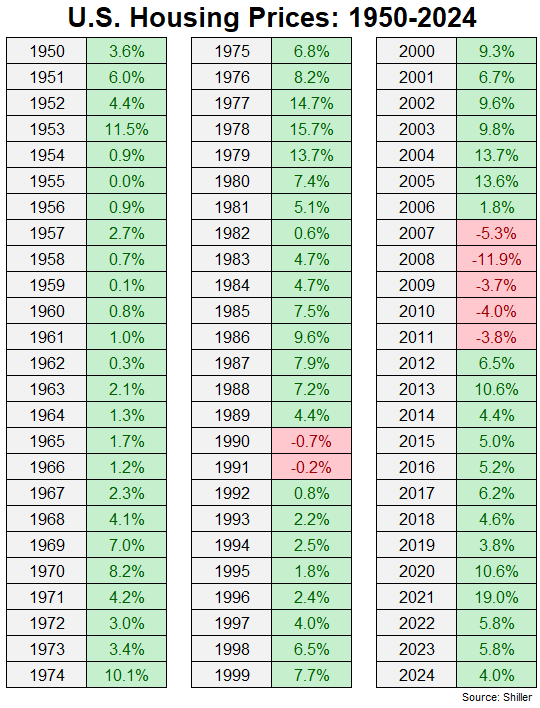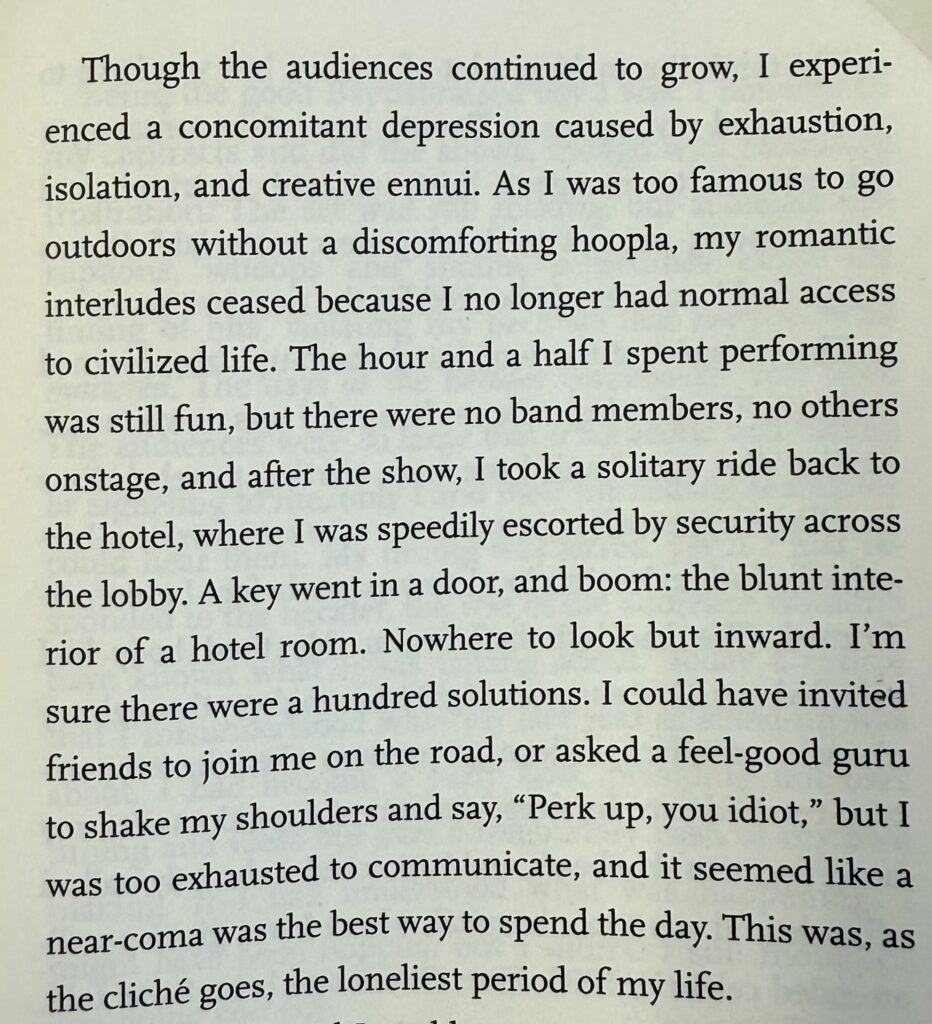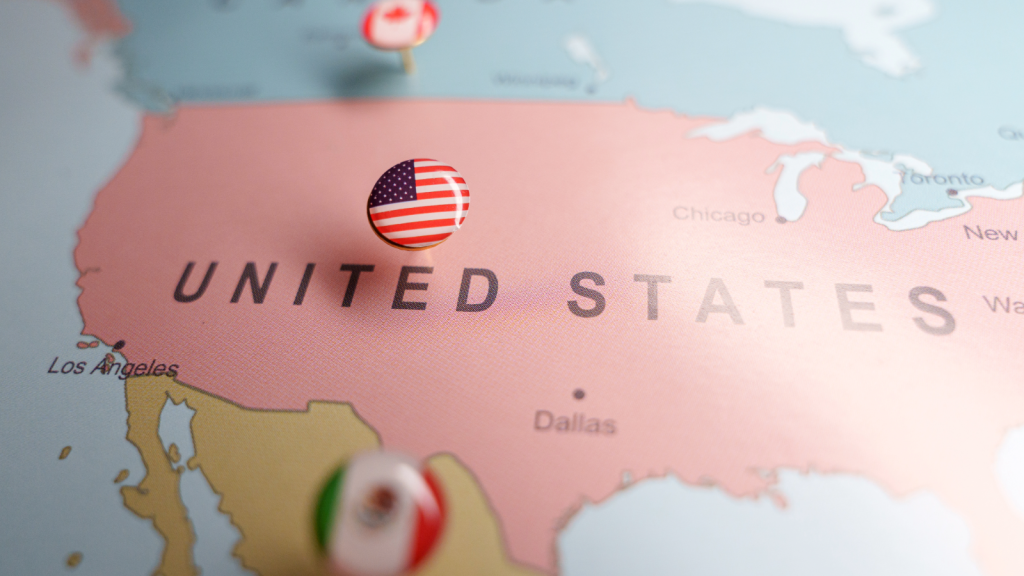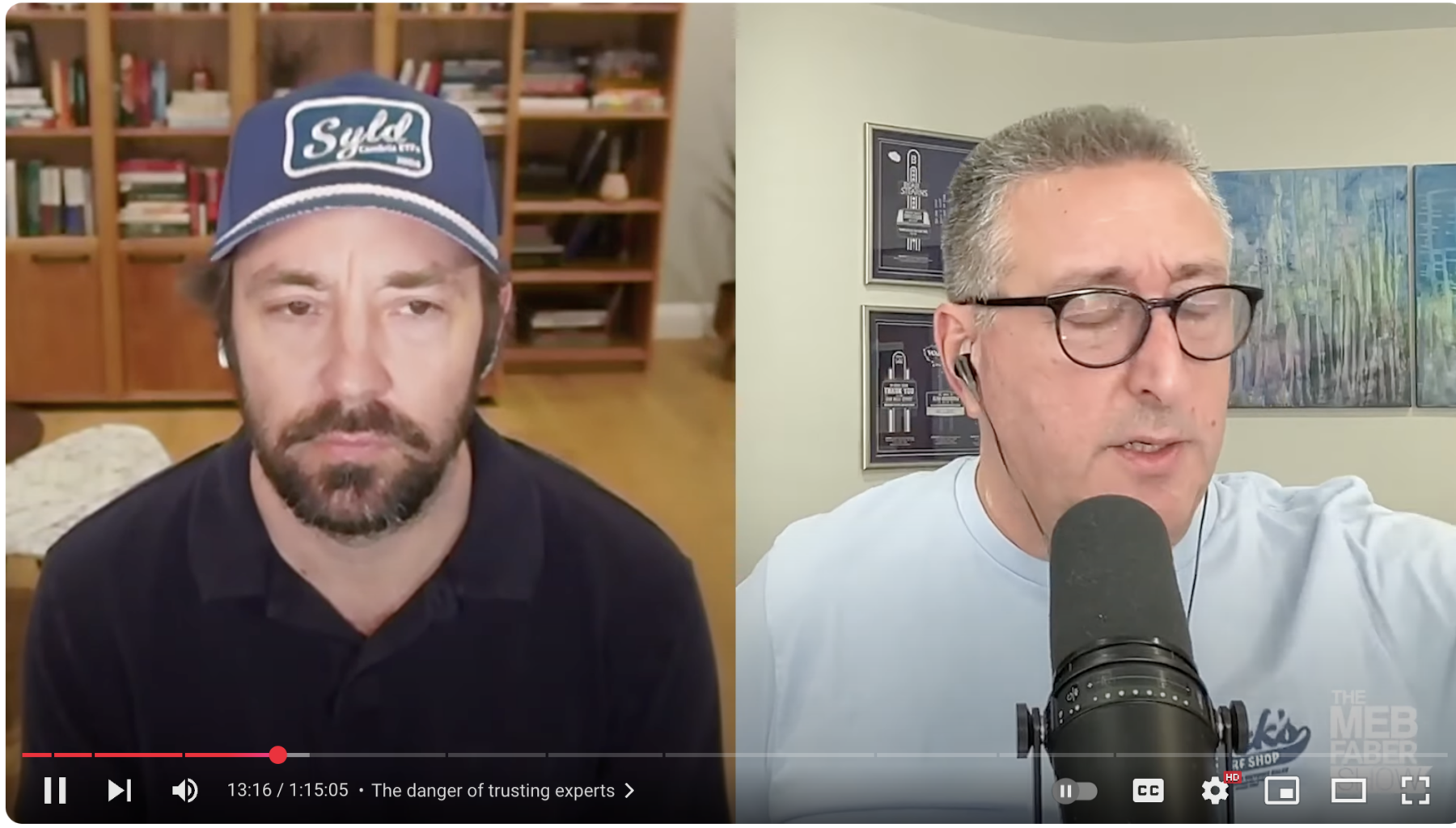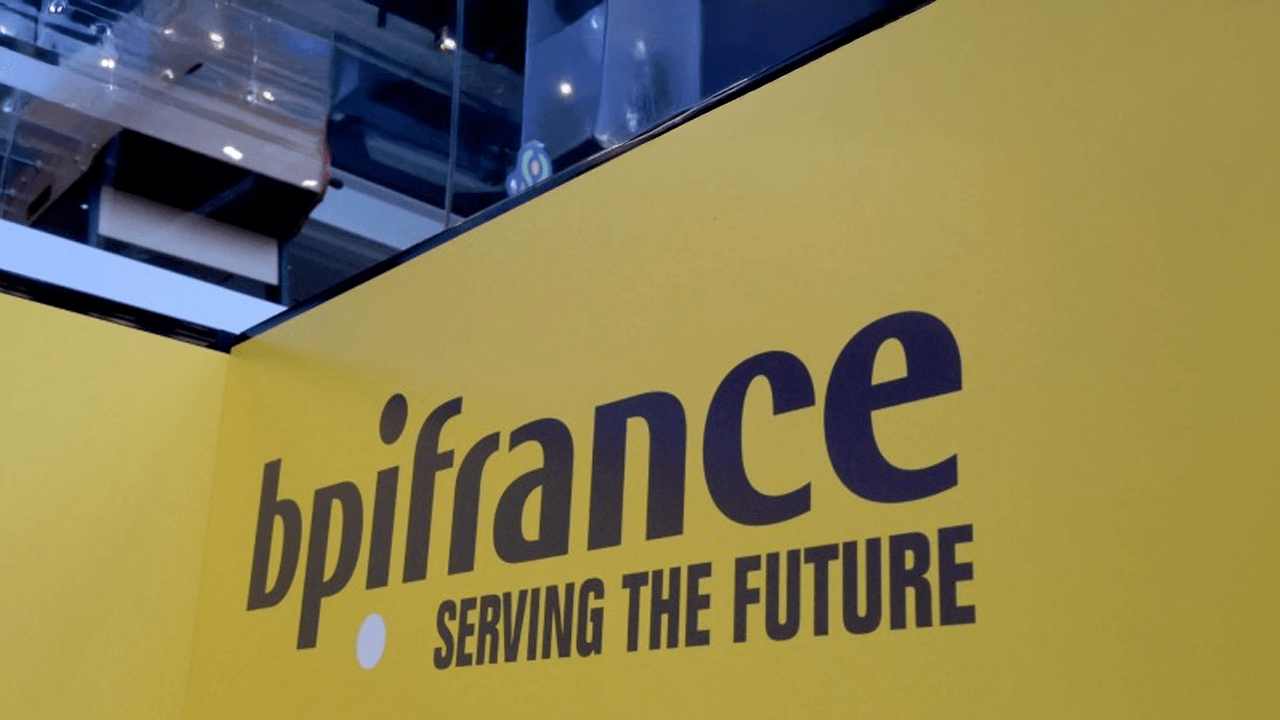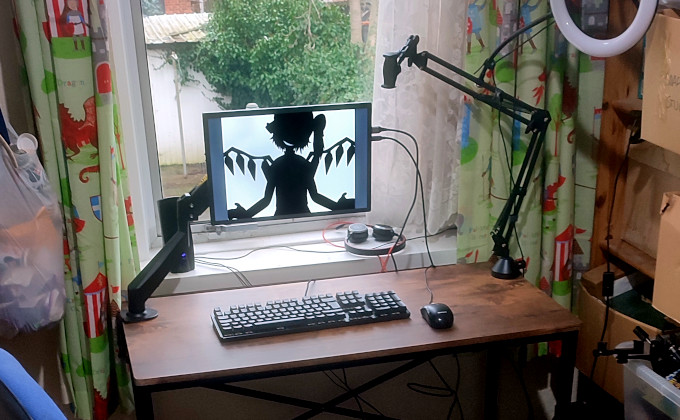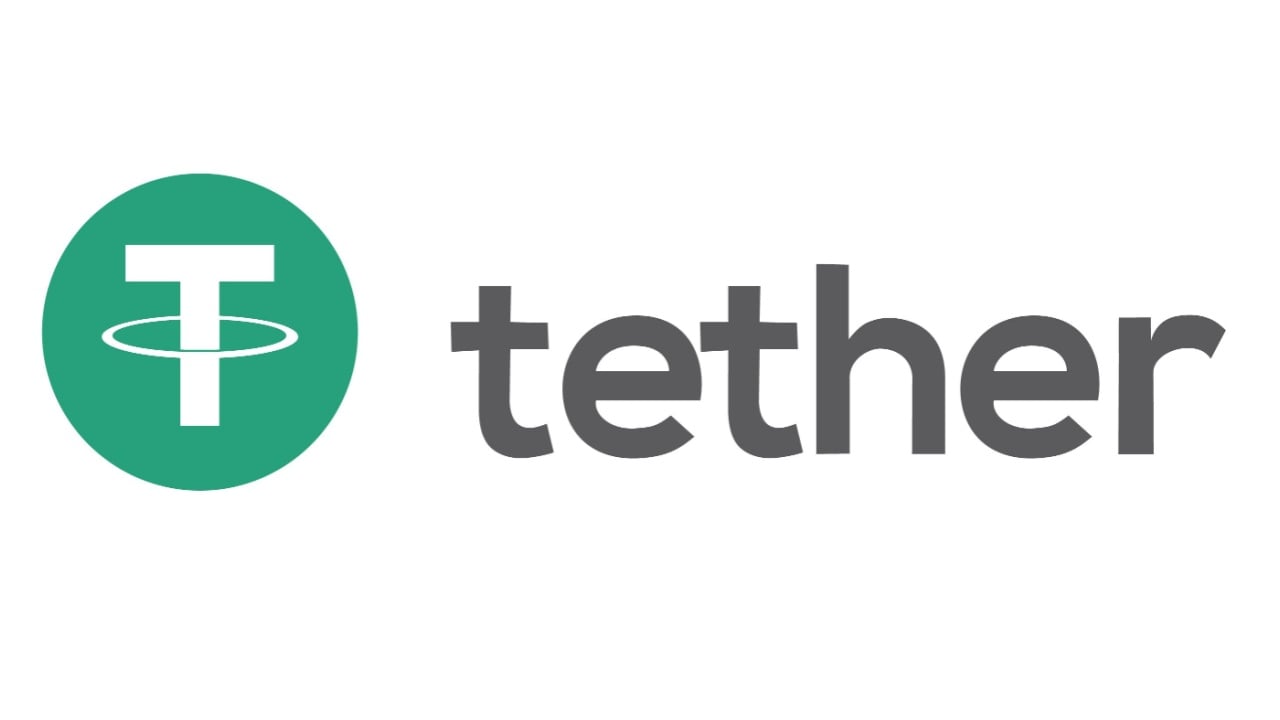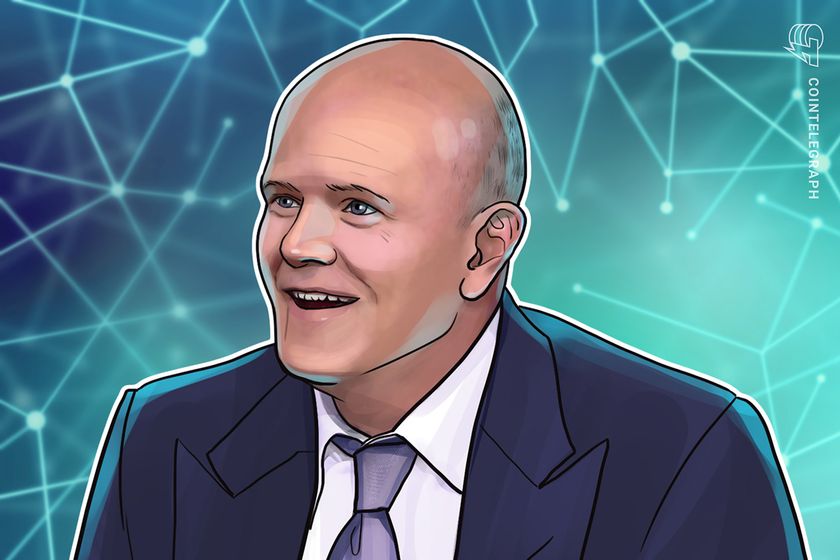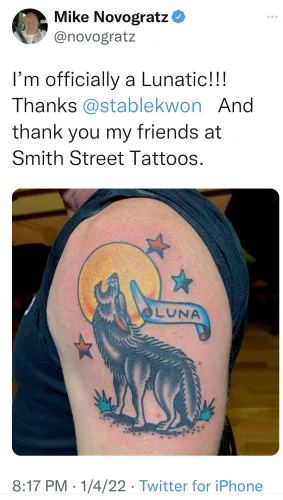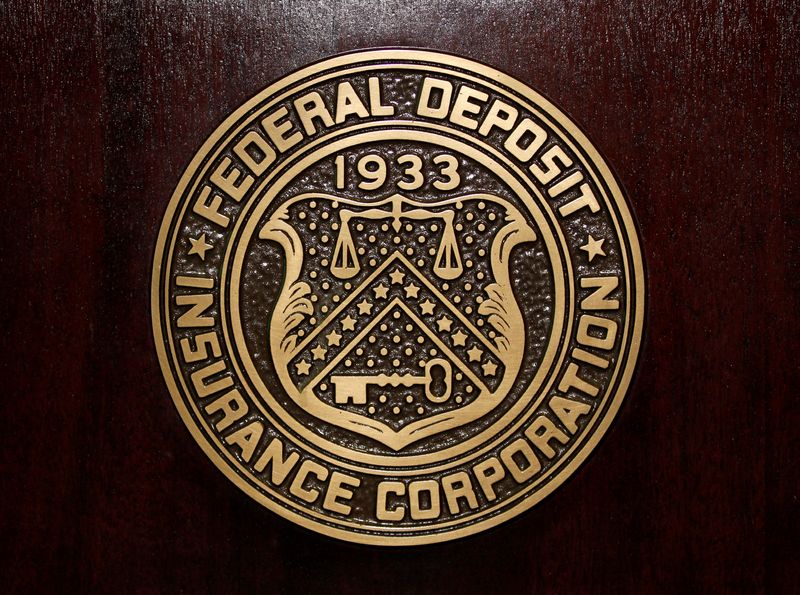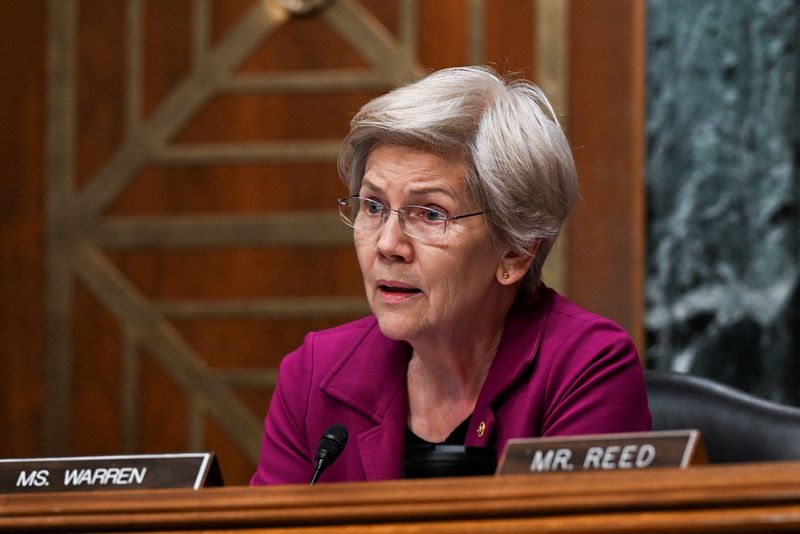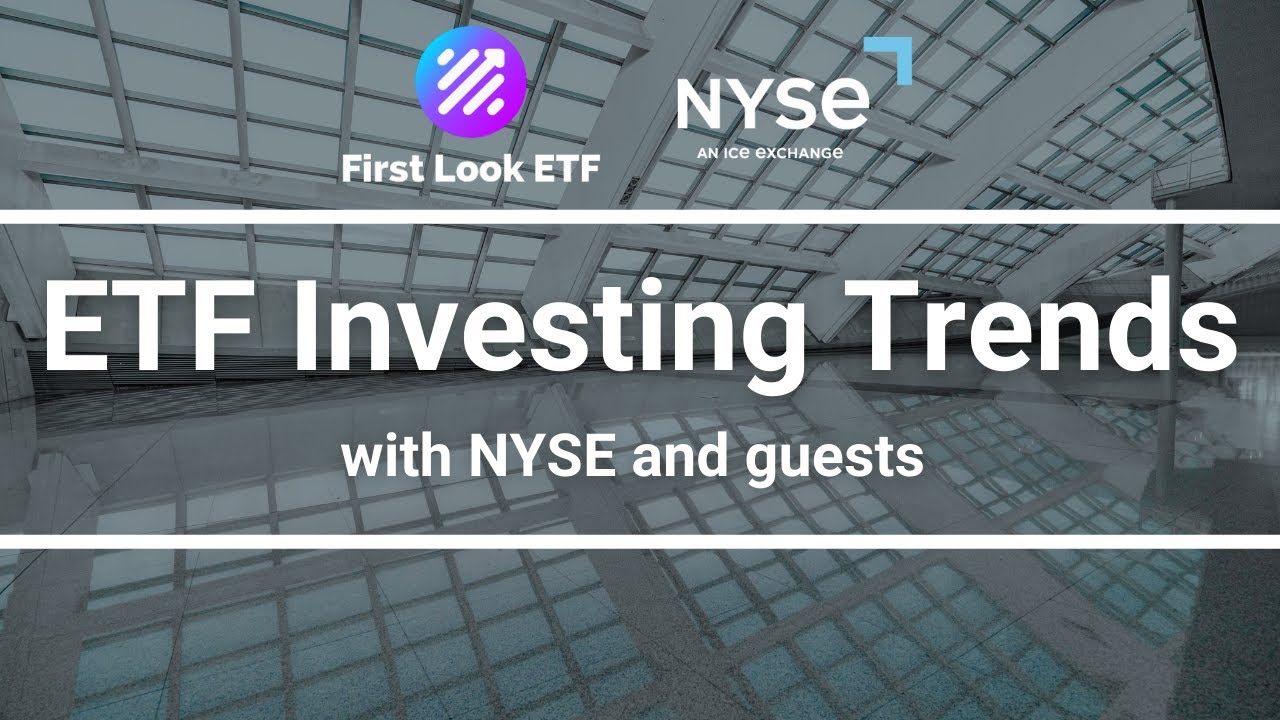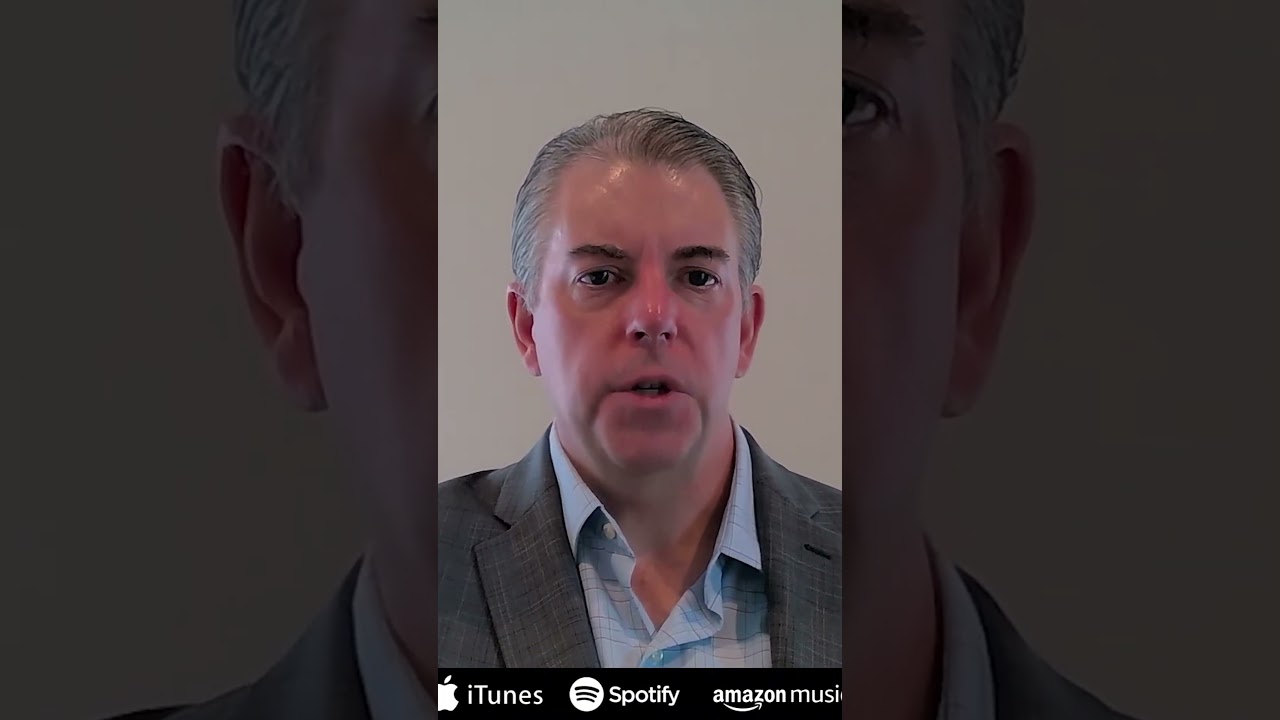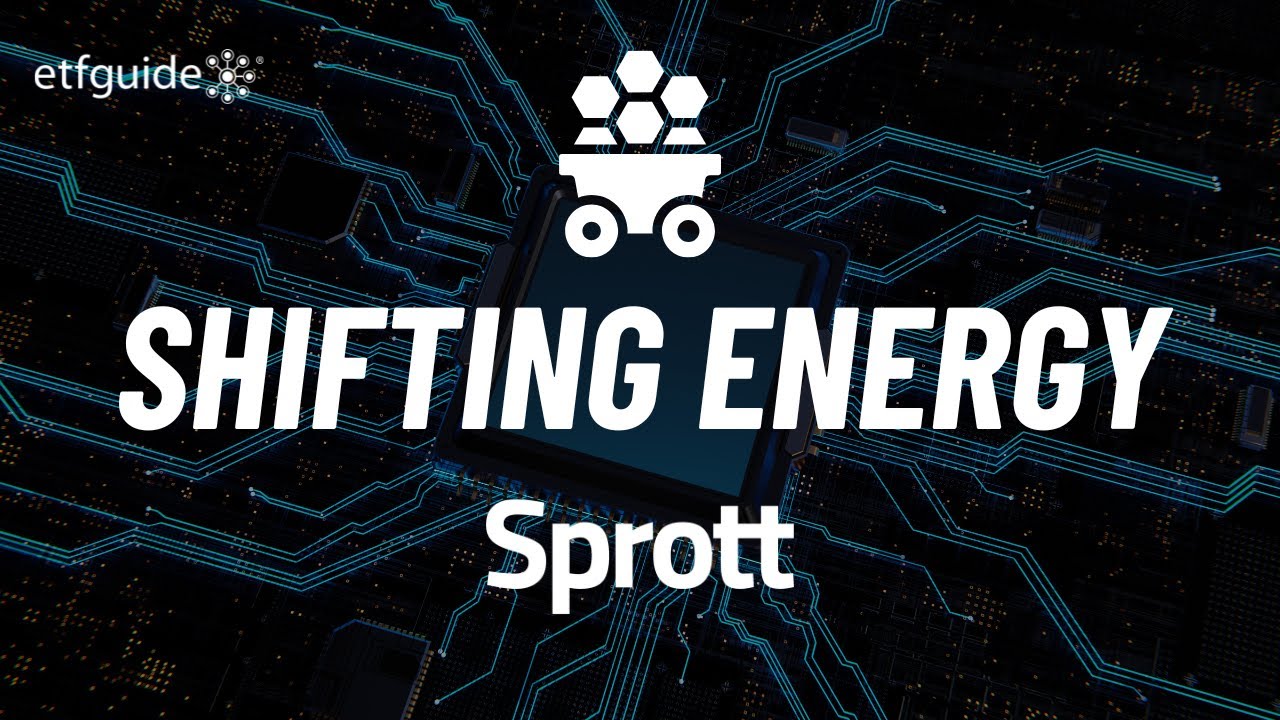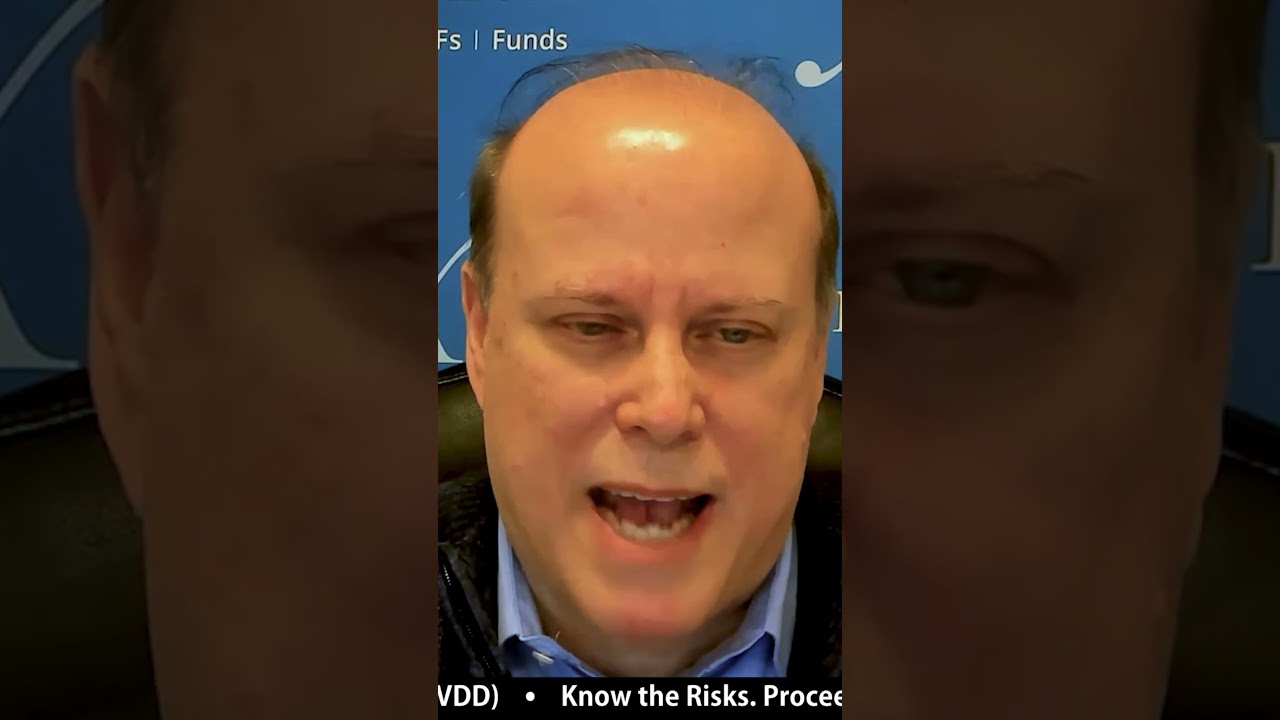Dave Ramsey says to pay off my mortgage first – is that really the best move?
Tragedies can be blessings in disguise, even when they don’t much feel like it at the time. In today’s draw from the YouTube mailbag, we consider the sad case of Idaho native “Jonathan,” who in the space of just a few years lost first his parents and then, most recently, his favorite uncle, who was […] The post Dave Ramsey says to pay off my mortgage first – is that really the best move? appeared first on 24/7 Wall St..
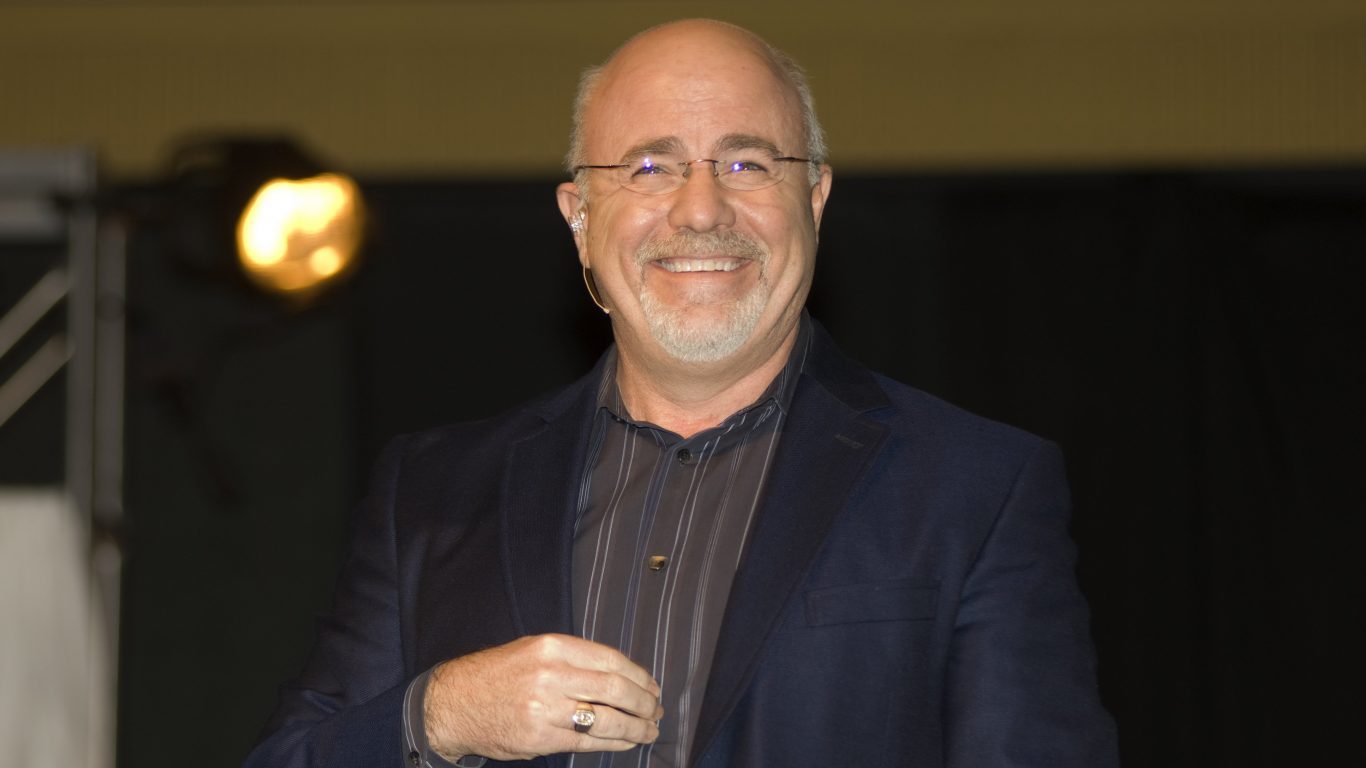
Tragedies can be blessings in disguise, even when they don’t much feel like it at the time. In today’s draw from the YouTube mailbag, we consider the sad case of Idaho native “Jonathan,” who in the space of just a few years lost first his parents and then, most recently, his favorite uncle, who was “like a father” to him.
Named the executor of his uncle’s estate, Jonathan discovered he was his uncle’s sole heir, and the inheritor of a substantial sum, $100,000 in the form of a pension payout, retirement account, and checking account, as well as his uncle’s $400,000 home, owned free and clear.
Key Points
-
$500,000 is a lot of money for a 33-year old, and has the potential to keep him debt-free for life.
-
Real estate is fine, but cash is better, and easier to move around.
-
The earlier in life you find advisors you can trust, the better.
-
Are you ahead, or behind on retirement? SmartAsset’s free tool can match you with a financial advisor in minutes to help you answer that today. Each advisor has been carefully vetted, and must act in your best interests. Don’t waste another minute; get started by clicking here here.(Sponsor)
For Jonathan, age 33 and earning $55,000 a year himself, this represented a windfall of wealth, coupled with the tragedy of losing his closest relative. And yet, Jonathan was also given the opportunity to learn at a young age more than any of us ever really want to learn about the complexities of wills, estate law and how to handle the funereal process. That’s knowledge that will serve him well for the next five or six decades of his life, and learned at a very young age.
Dave Ramsey also thinks Jonathan has been set up for life, financially speaking.
Starting out life halfway up the staircase
Quizzing Jonathan on his financial position and his plans for the future, Ramsey believes Jonathan is currently on Step 7 of Ramsey’s own “baby steps” process for securing one’s finances. Jonathan has no debt other than the mortgage on his own house, and plans to use the inheritance to pay off that mortgage. Factor in the $350,000 in net wealth that will remain after accomplishing this, and Jonathan will likely never be in debt again in his life.
And granted, some may argue that Jonathan should do other things with his inheritance. Leave the mortgage alone, for example, and buy Bitcoin with his half-million inheritance. But from my perspective, there’s a lot to be said for knowing one has no debts, and never needs to worry about that aspect of financial planning. Were I in Jonathan’s shoes, I too would pay off my mortgage first, and figure out what to do with the rest of the inheritance later.
In that latter regard, Ramsey is of the opinion that Jonathan should sell his uncle’s house, not least because he’ll actually need about $49,000 more in liquid cash to fully pay off his mortgage, rather than rent it out for example to generate an income stream. I agree with that, too.
Jonathan’s just setting out on life at age 33. He may not live in Idaho forever, for example, and may not want to be tied down to his present location by the ownership of a second house. That would give him two houses, after all, needing to be sold if he ever decides to move out of state, for example, to pursue a better job offer. Plus, owning a house and dealing with renters, and being responsible for keeping the property maintained, may be an extra responsibility he needs right now.
Simply put, cash is simpler than real estate. All else being equal, I prefer to liquidate real estate holdings, convert them to cash, and then invest that cash in stocks and bonds. At least until one decides where one’s going to live for the majority of life.
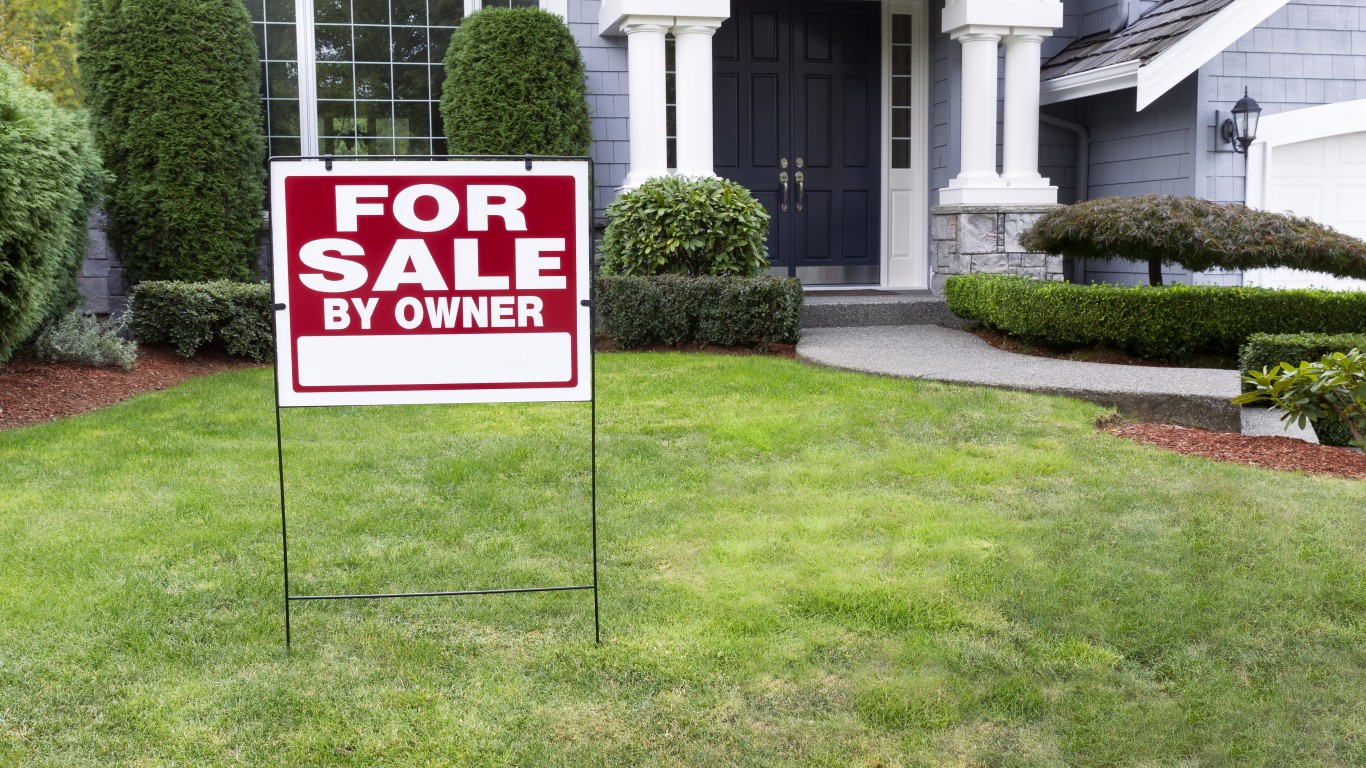
Which stocks and bonds?
Which brings us to Ramsey’s second point. Jonathan is young. He’s learning more than he ever wanted to about wills and estates and funerals right now, but probably doesn’t know a whole lot about finance and investing. For this reason, Ramsey suggests Jonathan begin acquiring a team of advisors he can call upon in future years for advice on taxes, insurance, on real estate, on legal issues, and on investing his wealth.
Again, this seems sound advice. While I wouldn’t necessarily hand over my wealth to a financial advisor to charge percentage fees on it, there’s nothing wrong with getting a free consultation from a banker, interview a few lawyers and accountants, hire an insurance broker to find good rates on home and auto insurance, and so on. The sooner Jonathan finds professionals he can trust, the more secure his wealth will be.
Both today, and for the many, many years he hopefully has ahead of him.
The post Dave Ramsey says to pay off my mortgage first – is that really the best move? appeared first on 24/7 Wall St..





